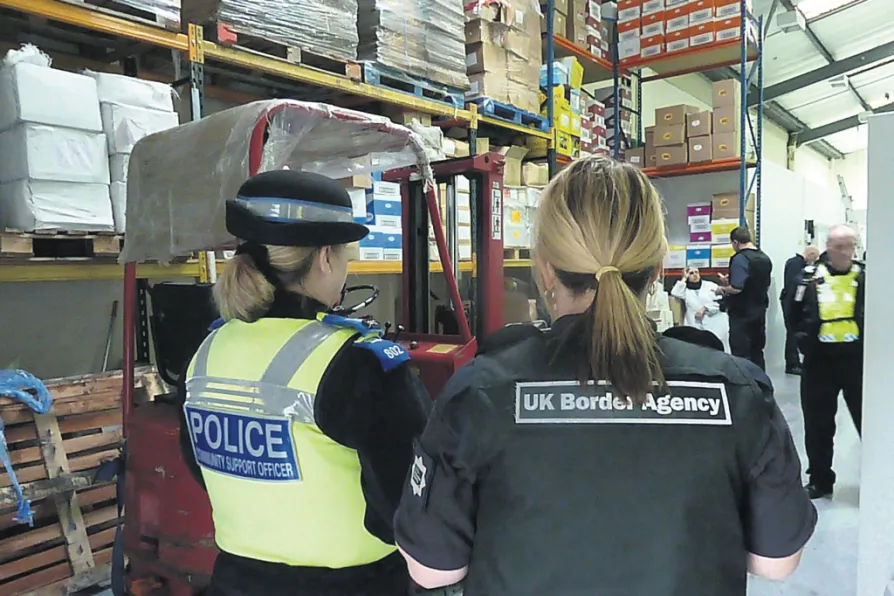Marco Rubio views 1945 as a defeat for the West, wants to revise the post-war order, while German ministers lead the standing ovation. SEVIM DAGDELEN reports

 The 19,000 EU nationals that work in Kensington face an insecure future under a bad Brexit deal
The 19,000 EU nationals that work in Kensington face an insecure future under a bad Brexit deal
SOON after the referendum in the summer of 2016, an elderly French woman came into my councillors’ surgery. She was distraught. She’d lived in London for nearly 50 years, worked here, paid her tax and was retired. She was convinced that she could be sent home, where she had no surviving family, and wanted my reassurance.
I couldn’t give it.
In the past few months there have been hours of rhetoric, bombast, backstops, locks on backstops and occasionally some good sense spoken in the House of Commons. I’ve played my part but still have no reassurance to give in relation to how Brexit could affect the good people of Kensington — those who live, work or study in the extraordinary constituency I represent.
White British-born people like me comprise a minority of Kensington’s population, just under 48 per cent. The majority of 52 per cent are made up of people from all corners of the earth, all races, religions and cultures, some born here, some settled for decades, some more recently arrived, and some here temporarily, for work or study.
Kensington has 16 per cent of EU nationals, an incredible 19,000. The majority are French (ca6,500), then Italians (ca4,500), Germans and Spanish people around 2,500 each and Portuguese (ca1,500.) The remainder are a glorious mix of “others.”
That’s 19,000 people I feel responsible for but still have no good answers for, particularly in the case of a “no deal” Brexit.
A lot of Eastern Europeans work but don’t live in the constituency, but I worry about them too. Every day thousands of EU nationals come into Kensington to work in our hospitals, care homes and clinics, hotels, bars, pubs, restaurants, offices and shops. They are the engine room and front desk of the busy and vibrant machine of Kensington’s business. We need them.
Across the borough of Kensington and Chelsea, in 2015, we had 26,000 wholesale and retail workers, 19,000 working in accommodation and food service, 16,000 in health and social care. No stats are available on precise figures from the EU, but anecdotally a lot certainly are.
So it is a huge concern that many of our EU nationals, faced with a very uncertain future, have begun to make the difficult decision to return to their home country or move elsewhere.

Almost half of universities face deficits, merger mania is taking hold, and massive fee hikes that will lock out working-class students are on the horizon, write RUBEN BRETT, PAUL WHITEHOUSE and DAN GRACE

Rather than hoping for the emergence of some new ‘party of the left,’ EMMA DENT COAD sees a broad alliance of local parties and community groups as a way of reviving democratic progressive politics











